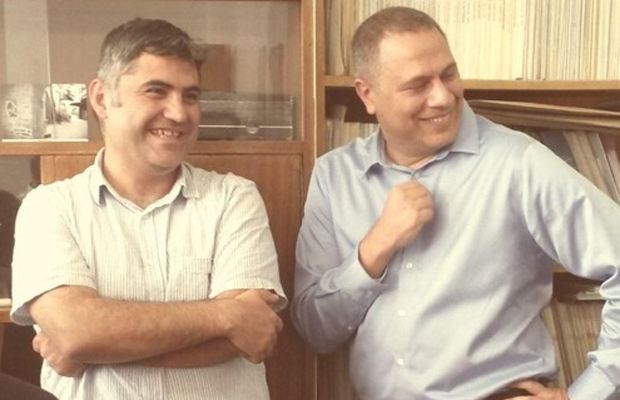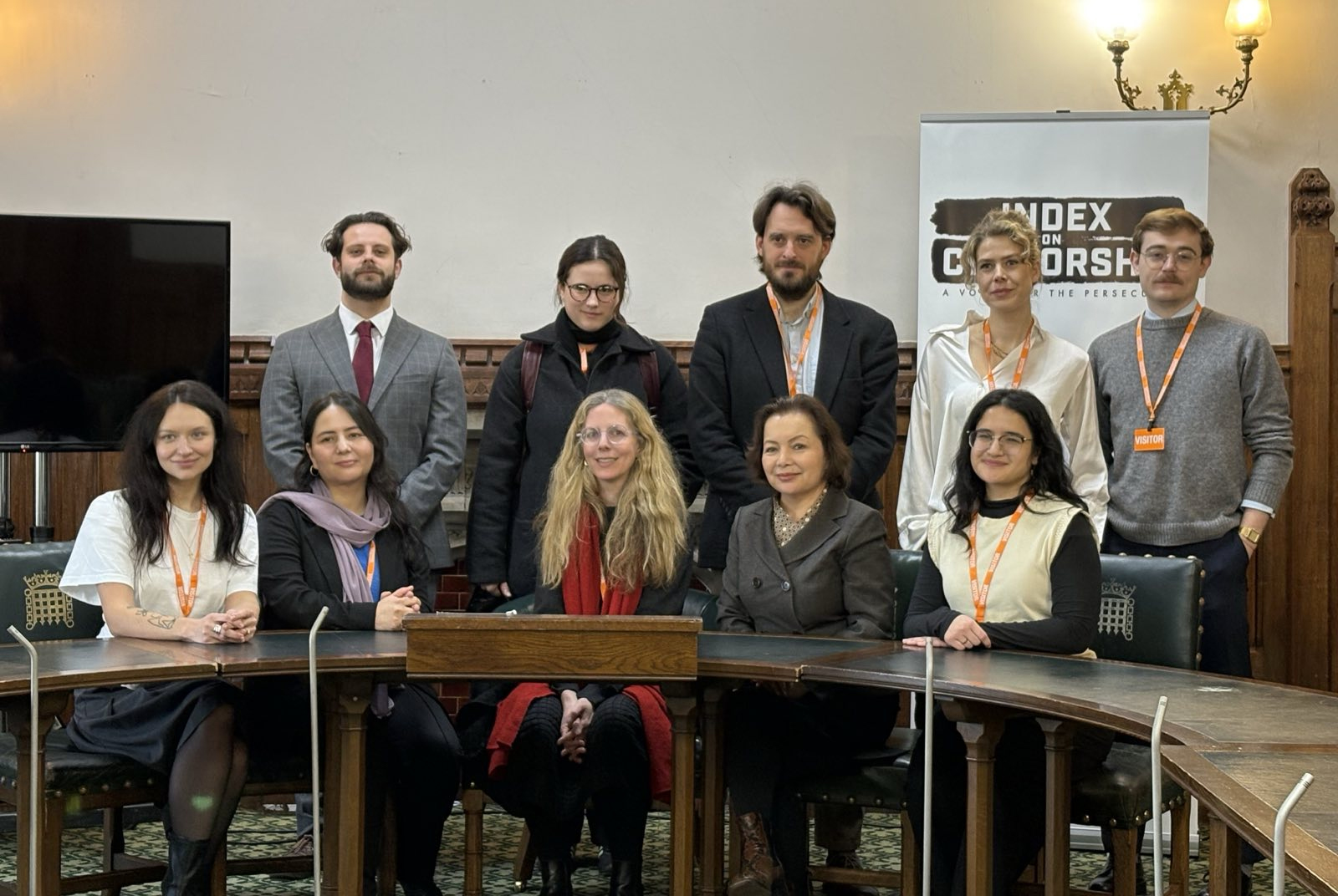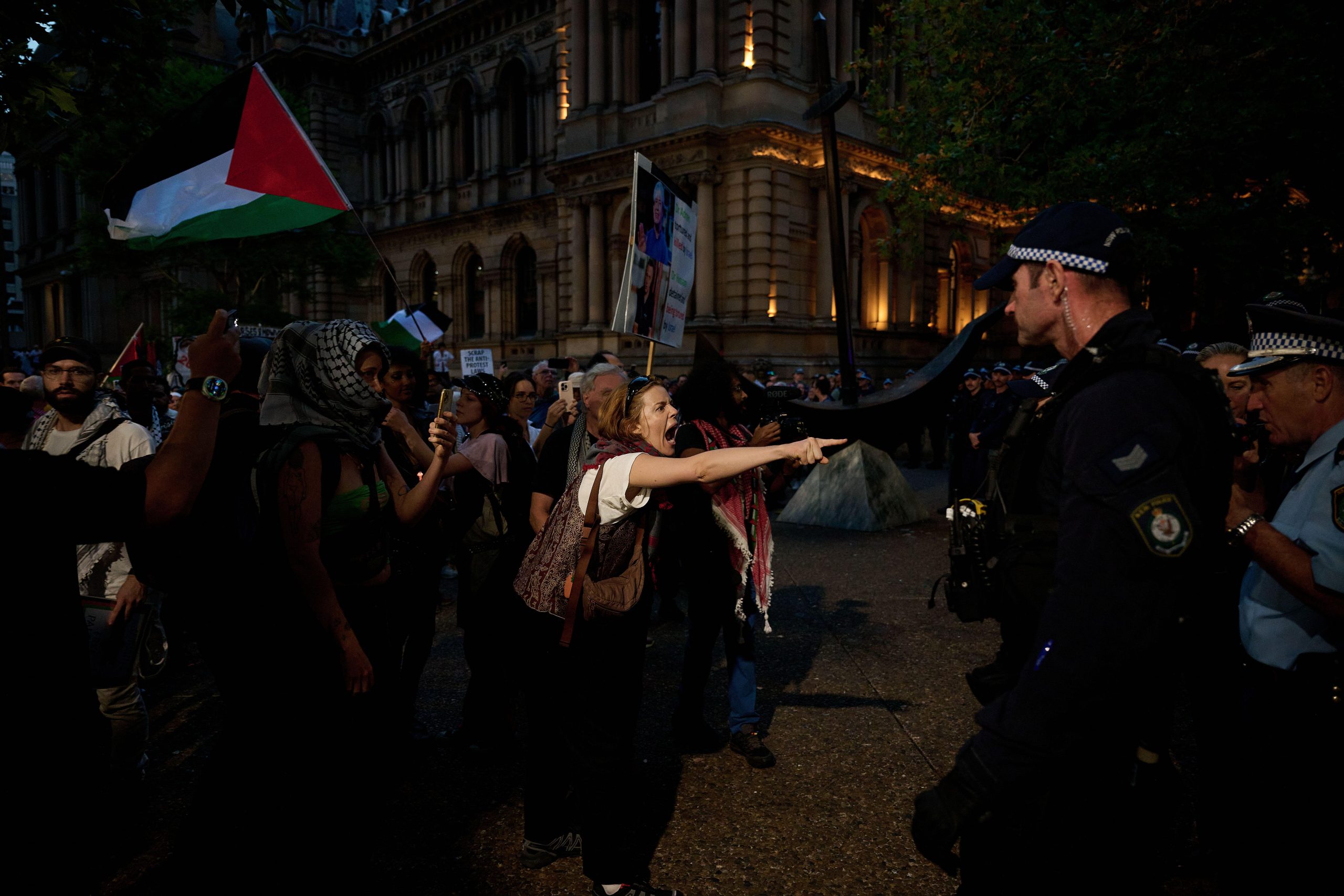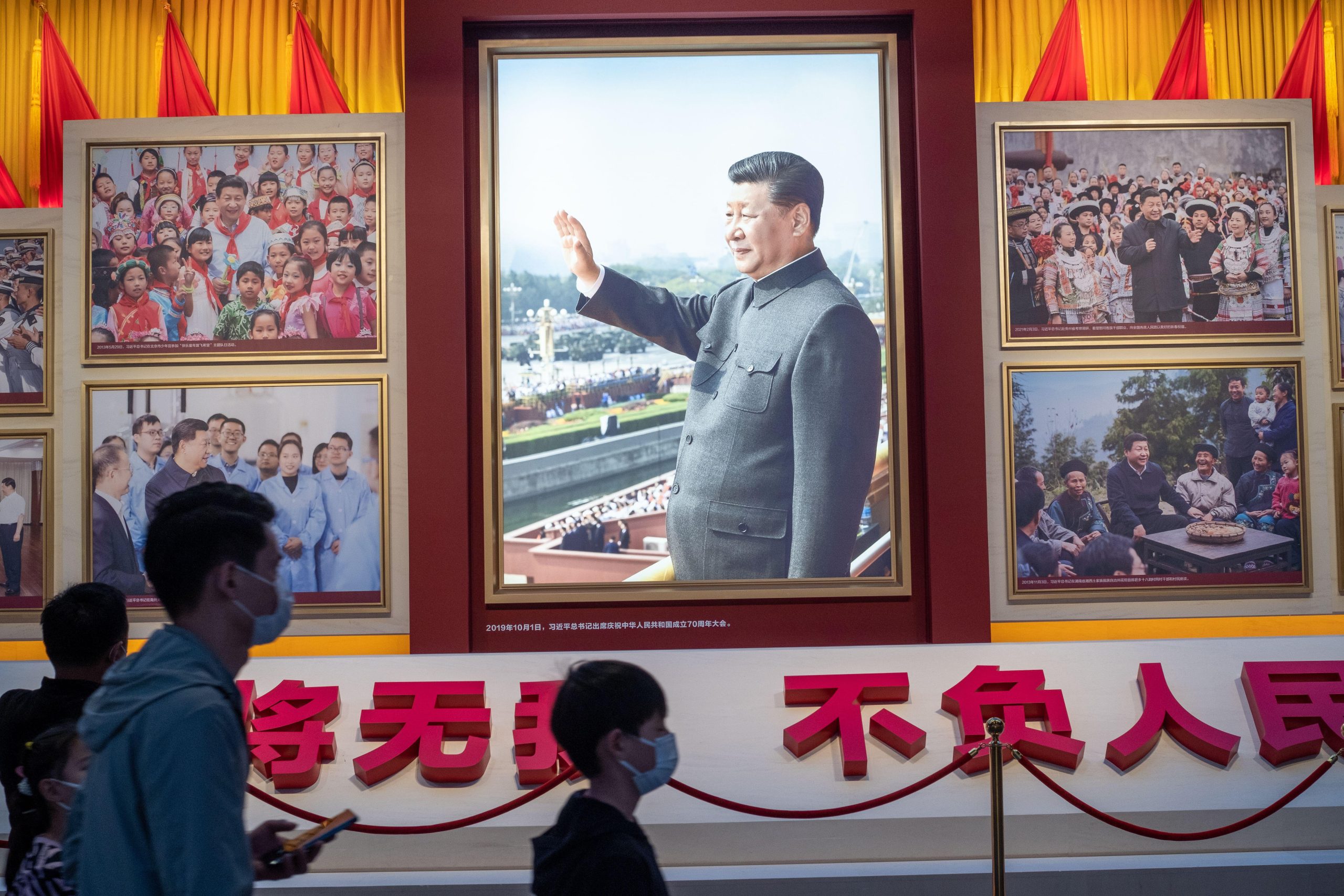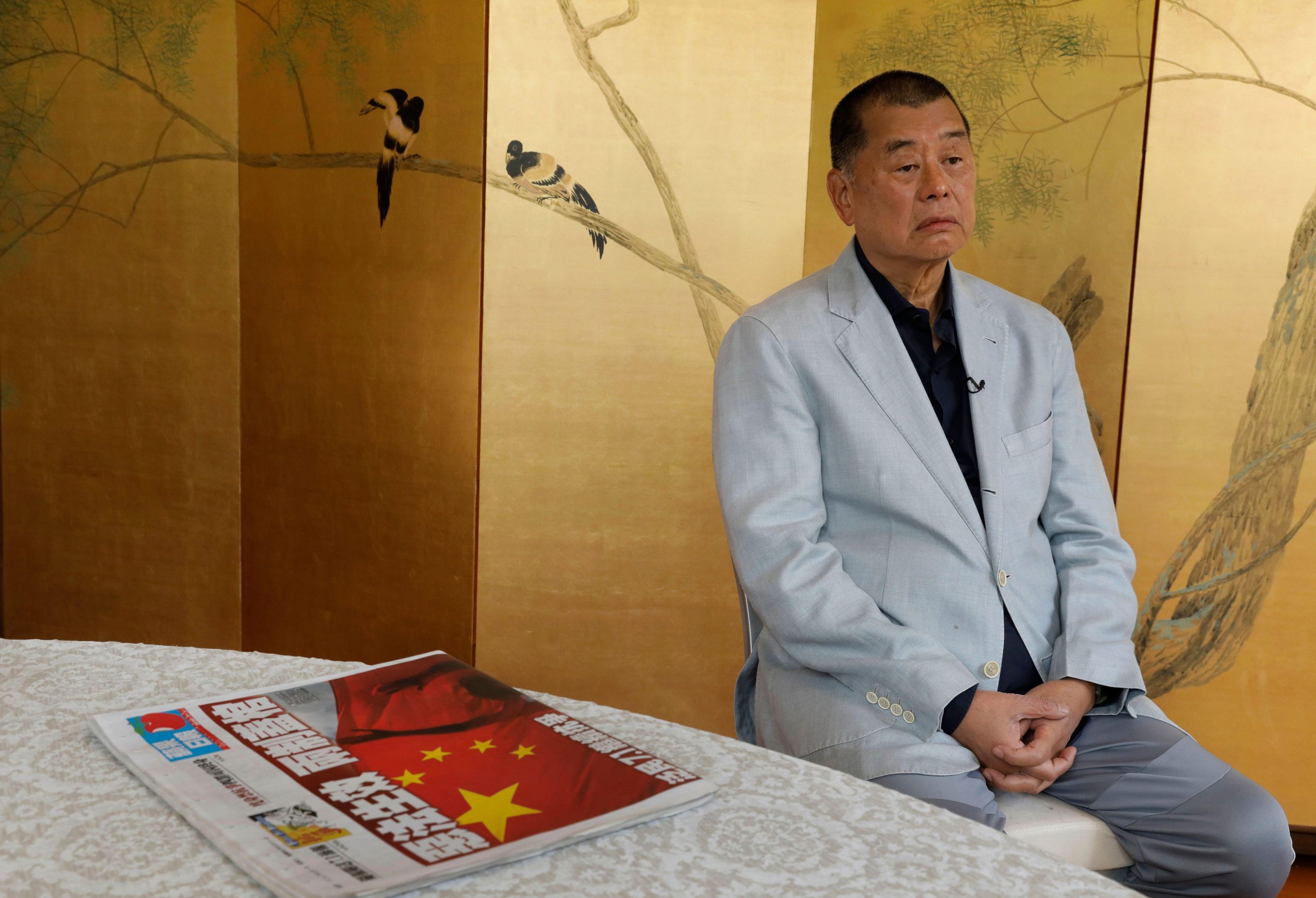Professors Yaman Akdeniz and Kerem Altiparmak are cyber-law experts and internet rights activists who have campaigned vigorously against the Turkish government’s increasingly restrictive internet access laws. Together, they have raised repeated objections to the controversial Internet Law No 5651, which ostensibly blocked access to child pornography and other harmful content but has also been used to censor politically sensitive content such as pro-Kurdish or left-wing websites. It has been used to block around 50,000 websites.
In February 2014, then prime minister Recep Tayyip Erdogan increased the legislative reach of Law 5651, giving the country’s telecommunications authority (ICTA) more powers over Turkey’s internet users, such as storing user activity data for up to two years, or blocking URLs without court approval. Erdogan immediately made use of the latter opportunity by ordering the ICTA to block Twitter and YouTube in March 2014. Twitter had played a huge role in the escalation of Turkey’s Gezi Park demonstrations in 2013, during which many protesters were arrested and fined for posts to social media.
Social media channels were also being used to circulate damaging information about Erdogan and the AKP, his political party. Following revelations of widespread government corruption late in 2013, wiretapped phone conversations were leaked and spread via Twitter appearing to implicate Erdoğan and senior party members – one recording appears to include Erdogan telling his son to hide a large amount of cash.
He ordered the Twitter block in time to halt the spread of the injurious recordings before nationwide local elections at the end of March. Similarly, the YouTube block was instigated hours after a secret recording at Turkey’s foreign ministry, showing the government’s considerations for military involvement in Syria, was uploaded to the website.
In response to the blocks, Akdeniz and Altiparmak applied to the European Court of Human Rights to request an injunction against the ban. An administrative court in Ankara declared the ban illegal. After the government ignored this decision the pair applied to the highest court in Turkey, the Constitutional Court. Their case was successful, and Twitter was unblocked in April. Their advocacy efforts also helped lift the YouTube ban in June.
Despite their success, Akdeniz and Altiparmak say there is still a huge cause for concern. Even though Twitter and YouTube have now been unblocked, the legal framework for censorship has not been removed. In fact, as soon as Erdogan switched from prime minister to president in September 2014, he quietly slipped more amendments to 5651 through parliament, which allowed even more data logging and even quicker website blocking.
In protest against their country’s rapidly growing disregard for its citizens’ internet rights, Akdeniz and Altiparmak widely publicised their boycott of the United Nations’ Internet Governance Forum, which was held in Istanbul in September 2014.
This article was posted on March 2 2015 at indexoncensorship.org

